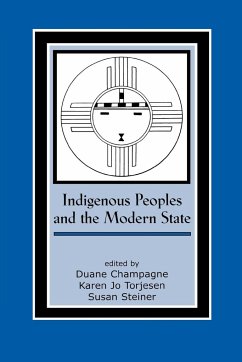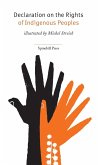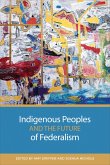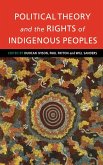Champagne and his coauthors reveal how the structure of a multinational state has the potential to create more equal and just national communities for Native peoples around the globe. In the U.S., Canada, Mexico, and Guatemala, they show how indigenous people preserve their territory, rights to self-government, and culture. A valuable resource for Native American, Canadian, and Latin American studies; comparative indigenous governments; and international relations.
Finally, a book on indigenous peoples of the North American continent, from the Arctic to Mesoamerica, a distinctly different version of the North American Free Trade Agreement-NAFTA-the cause of the Zapatista indigenous uprising in Mexico. Indigenous Peoples and the Modern State is a valuable addition to indigenous literature and will be a useful text for indigenous studies courses. -- Roxanne Dunbar Ortiz, California State University, Hayward, Director of Indigenous World Association Indigenous Peoples and the Modern State offers a broad and richly comparative study critically analyzing the generally contentious but occasionally cooperative relationships between aboriginal peoples and three contemporary states-U.S., Canada, and Mexico. Utilizing a 'trilateral' approach, the contributors focus on cultural identity, land, sovereignty, leadership, economics, intellectual property, and other topics that continue to animate the evolving relationship between Native nations and the states that formed in their midst. -- David Wilkins, University of Minnesota This innovative collection is the only one I know of that examines indigenous issues in all three North American states: Canada, the U.S., and Mexico. While the three situations are very different, they are ripe for comparative analysis. The lens here is wide-angled, providing welcome introductions to a host of issues from politics to economy, from culture to intellectual property and indigenous knowledge. -- Stephen Cornell, director, Udall Center for Studies in Public Policy, University of Arizona These essays and discussions collected fill a critical gap in our understanding of indigenous peoples. The collection, via comparative examination of Canada, Mexico, and the United States, break out of an overly narrow focus on indigenous peoples within one state, to subtly highlight the similarities and differences among indigenous peoples in various states. -- Thomas D. Hall, Lester M. Jones Professor of Sociology, DePauw University









